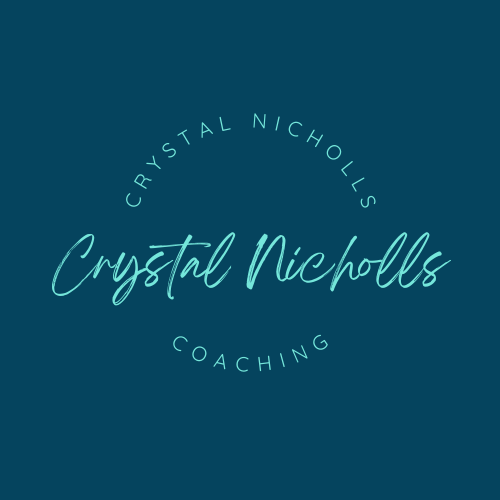How cognitive distortions are sabotaging your career
As performers, we face pressure from teachers, peers and the industry to perform at high levels while maintaining a certain image, and flawless technique.
Over time, these demands often leave us with unhealthy thought patterns that end up hurting our careers in the long run.
What are cognitive distortions?
Cognitive distortions are habitual ways of thinking that are often inaccurate and negatively biased.
In other words, they are stories we tell ourselves that are often inaccurate.
Some research suggests that people develop cognitive distortions as a way of coping with adverse life events.
If these thought patterns are reinforced often enough, they can lead to anxiety, depression and other mental disorders.
I believe that for performers particularly, negative distortions are reinforced by the focus on unhealthy perfectionism.
Let’s explore some different types of cognitive distortions that are common among performers.
All-or-nothing
This occurs when people habitually think in extremes and is very common in perfectionists.
Imagine you’ve had what you felt was a great audition, and you’re sure you got the job. But your agent calls you the day after and informs you that you won’t be proceeding to the recall.
The first thought that pops into your head is, “I never get recalls." Or, “this always happens to me.”
Does this sound like you?
Instead, try this response, “I tried my best and I didn’t get it this time, but I have got jobs before and I will get them again.”
This is a more balanced (and accurate) response to your agen’t’s news.
Overgeneralisation
Imagine a friend invites you to try a hip hop class with her for the first time.
You go in with confidence and enthusiasm, but soon realise you are having difficulty picking up the choreography.
This is completely normal–it’s a brand new style!
But you decide you will never try it again because this must mean you are bad at hip hop.
This is overgeneralisation–we reach a conclusion about one event and then inaccurately apply it to other events.
As performers, this type of thinking is particularly harmful because it leaves us with a fixed mindset instead of a growth mindset.
It stops us from developing new skills that would actually be beneficial for our careers.
Instead, a healthier response might be, “that was hard, but it was the first time I tried this style. I will stick with it so I can learn and get better.”
Mental filtering
This is the habit of ignoring positive events and focusing exclusively on negative ones.
When I’ve done performances in the past, I often found myself harping on all the mistakes I made, and often felt like if I made one mistake, I was a failure.
Does this sound like you?
We are often our own worst critic.
But research has shown this type of thinking can lead to feelings of hopelessness.
“Shoulds”
This is another common distortion in performers.
This is where we ruminate on what “should” happen, instead of what is.
“I should have nailed my triple turns,”
“I should have been on my leg.”
These types of thoughts often harm our self-esteem and cause anxiety.
How can we change cognitive distortions?
Discover underlying beliefs
In order to change something, we must first identify it.
Try saying out loud or writing down the emotion or belief you are feeling.
Sometimes just seeing it or hearing it out loud is enough for you to realise it isn’t true.
We often don’t get to actually hear the thoughts that are floating around in our heads.
When we can say them out loud or see them on paper, it gives us some space and perspective, and we often realise that what we were thinking had no truth.
Challenge your thoughts/beliefs
After you have written down or said your thought out loud, ask yourself,
“Is this true?”
“What evidence do I have that this is true?”
Become a detective and look for objective evidence.
Practice Reframing
Now that you have looked for objective evidence and hopefully come to the conclusion that your belief or thought isn’t true, look for alternative explanations and positive interpretations to expand your thinking.
“Learning from my mistakes will make me a better performer.”
“Trying new things will expand my skill set, even if it feels uncomfortable at first.”
You can go deeper in this process by finding supprting evidence for these new thoughts.
“I made mistakes in the past and they didn’t hurt my career. In fact, they made me more aware of the things I can work on in my technique.”
Finally, write down the thoughts and emotions you feel after using this technique.



